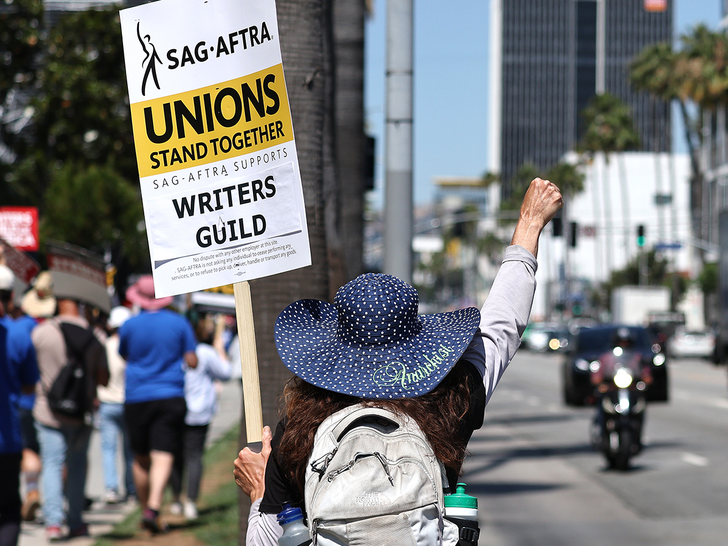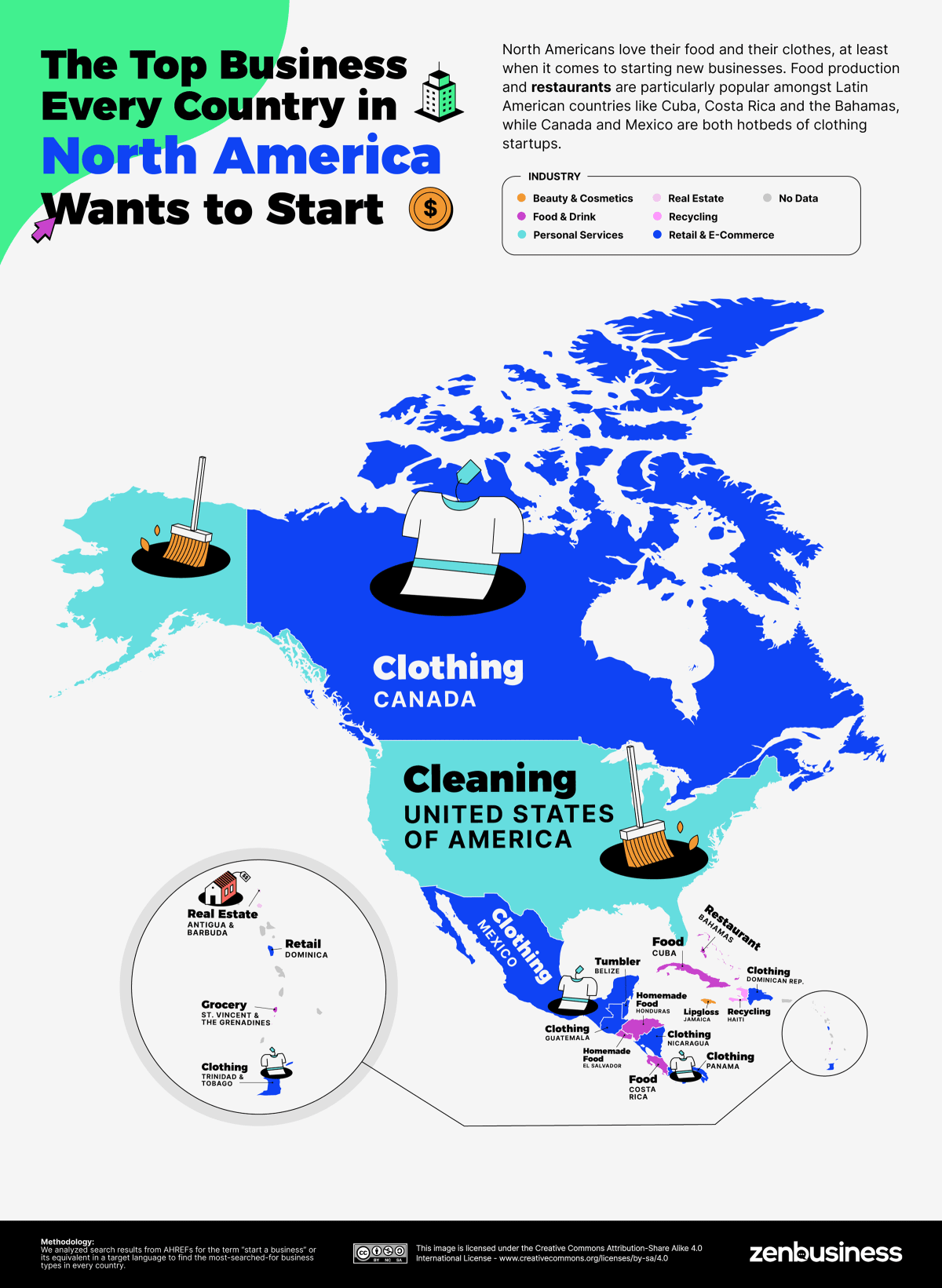Hollywood Shutdown: Writers And Actors On Strike — What It Means For The Industry

Table of Contents
The Core Issues Fueling the Hollywood Shutdown
The current Hollywood shutdown is not simply about wages; it's about the fundamental shift in the industry's power dynamics and the future of creative work. Two core issues are driving the strikes: fair compensation in the streaming era and concerns regarding the impact of artificial intelligence (AI) on creative jobs.
Fair Wages and Residuals in the Streaming Era
The transition from traditional television to streaming platforms has drastically altered the compensation models for writers and actors. The traditional system of residuals, payments made to actors and writers each time their work is aired, has been significantly diminished in the streaming model. This means many actors and writers are earning far less than they did under the old system, despite the massive success of many streaming shows.
- Reduced Residuals: Streaming services often pay a lump sum for a project, eliminating the recurring revenue streams that were crucial for actors and writers’ long-term financial security.
- Increased Production Volume: Streaming platforms demand a constant flow of new content, leading to increased workload and often decreased pay per project.
- Inflationary Impact: The rising cost of living further exacerbates the impact of reduced income, making it increasingly difficult for creatives to make ends meet.
- Examples of Unfair Compensation: Many actors and writers cite examples of streaming projects generating billions in revenue, while they receive only a fraction of what they would have earned under the traditional television model.
Concerns Regarding AI and its Impact on Creative Work
Both the WGA and SAG-AFTRA are deeply concerned about the increasing use of AI in scriptwriting and performance capture. They fear AI could be used to replace human creatives, undermining their livelihoods and devaluing their skills.
- AI Script Generation: AI tools can now generate scripts, raising concerns about the potential displacement of human writers.
- AI-Generated Performances: AI is also being used to create digital likenesses of actors, potentially allowing studios to bypass the need to hire actual actors for future projects.
- Ethical Implications: The use of AI in creative fields raises complex ethical questions about authorship, ownership, and the very nature of creativity.
- Union Demands: The unions are demanding safeguards and regulations to prevent the exploitation of AI and protect the rights and livelihoods of their members.
The Ripple Effects of the Hollywood Shutdown
The Hollywood shutdown isn't just impacting actors and writers; its effects are cascading through the entire entertainment industry and beyond.
Economic Impact on the Entertainment Industry
The strike is causing significant financial losses for studios, production companies, and related businesses.
- Production Halts: Major film and television projects are on hold, resulting in lost revenue and potential budget overruns.
- Job Losses: Thousands of crew members, support staff, and other industry professionals are facing unemployment or reduced work hours.
- Long-Term Economic Effects: The prolonged strike could have a significant long-term impact on the Hollywood economy and related sectors, such as tourism and hospitality.
Impact on Film and Television Production
The Hollywood shutdown has already led to delays and cancellations of numerous projects.
- Delayed Releases: The release dates of many anticipated films and television shows have been pushed back indefinitely.
- Project Cancellations: Some projects may be canceled entirely due to the extended production delays and increased costs.
- Creative Changes: The strike could force studios to significantly alter scripts or storylines, potentially impacting the overall quality of the final product.
Impact on Audiences and Consumers
Audiences are experiencing a significant decrease in new content due to the strike.
- Lack of New Releases: Viewers are missing out on anticipated films and shows, leading to frustration and disappointment.
- Delayed Entertainment: The strike is delaying the release of movies and television shows that people have been looking forward to.
- Long-Term Impact on Consumption: The prolonged strike could alter viewers’ habits and preferences in the long run.
Potential Paths Towards Resolution
Resolving the Hollywood shutdown requires meaningful dialogue and compromise between the unions and the studios.
Negotiation and Compromise Between Unions and Studios
The WGA, SAG-AFTRA, and the Alliance of Motion Picture and Television Producers (AMPTP) are engaged in ongoing negotiations.
- Union Demands: The unions are pushing for fair wages, better residuals, and protections against the use of AI.
- Studio Responses: The studios have offered counter proposals, but the gap between the two sides remains significant.
- Potential Compromises: Reaching a settlement will require concessions from both sides, including potential adjustments to compensation models and AI regulations.
Public Support and Awareness
Public support is crucial to putting pressure on the studios to negotiate fairly.
- Raising Awareness: The public can help raise awareness of the issues by sharing information on social media and engaging in discussions.
- Boycotts and Protests: Some consumers may choose to boycott studios or streaming services until a fair agreement is reached.
- Influence on Negotiations: Public support can significantly influence the outcome of negotiations by showing the studios the importance of addressing the actors’ and writers’ concerns.
Conclusion
The Hollywood shutdown, driven by the ongoing WGA and SAG-AFTRA strikes, represents a significant turning point in the entertainment industry. The core issues of fair compensation, the impact of streaming, and the use of AI are forcing a crucial conversation about the future of work in Hollywood. The economic ripples extend far beyond the actors and writers themselves, affecting numerous sectors and the consumers who eagerly await new content. A resolution requires meaningful compromise and negotiation between unions and studios, alongside sustained public awareness and support. The future of entertainment hinges on addressing the concerns that have fueled this Hollywood shutdown, ensuring a fair and sustainable future for all. Stay informed and continue following the developments in this crucial situation to better understand the ongoing impact of this unprecedented Hollywood shutdown.

Featured Posts
-
 Starbucks Union Spurns Companys Wage Increase Proposal
Apr 28, 2025
Starbucks Union Spurns Companys Wage Increase Proposal
Apr 28, 2025 -
 Dwyane Wade On Doris Burkes Insightful Thunder Timberwolves Commentary
Apr 28, 2025
Dwyane Wade On Doris Burkes Insightful Thunder Timberwolves Commentary
Apr 28, 2025 -
 A Comprehensive Guide To The Countrys Top Business Locations
Apr 28, 2025
A Comprehensive Guide To The Countrys Top Business Locations
Apr 28, 2025 -
 Nba Finals Coverage Richard Jeffersons Espn Promotion And Future Role
Apr 28, 2025
Nba Finals Coverage Richard Jeffersons Espn Promotion And Future Role
Apr 28, 2025 -
 The Impact Of Over The Counter Birth Control On Reproductive Rights Post Roe
Apr 28, 2025
The Impact Of Over The Counter Birth Control On Reproductive Rights Post Roe
Apr 28, 2025
Latest Posts
-
 Le Bron James Comments On Richard Jeffersons Espn News Segment
Apr 28, 2025
Le Bron James Comments On Richard Jeffersons Espn News Segment
Apr 28, 2025 -
 Richard Jefferson Espn Interview Le Bron James Reaction
Apr 28, 2025
Richard Jefferson Espn Interview Le Bron James Reaction
Apr 28, 2025 -
 Le Bron James Responds To Richard Jefferson On Espn
Apr 28, 2025
Le Bron James Responds To Richard Jefferson On Espn
Apr 28, 2025 -
 Nba Legend Dwyane Wade Lauds Doris Burkes Thunder Vs Timberwolves Game Coverage
Apr 28, 2025
Nba Legend Dwyane Wade Lauds Doris Burkes Thunder Vs Timberwolves Game Coverage
Apr 28, 2025 -
 Le Bron James Reaction To Richard Jeffersons Espn News Appearance
Apr 28, 2025
Le Bron James Reaction To Richard Jeffersons Espn News Appearance
Apr 28, 2025
